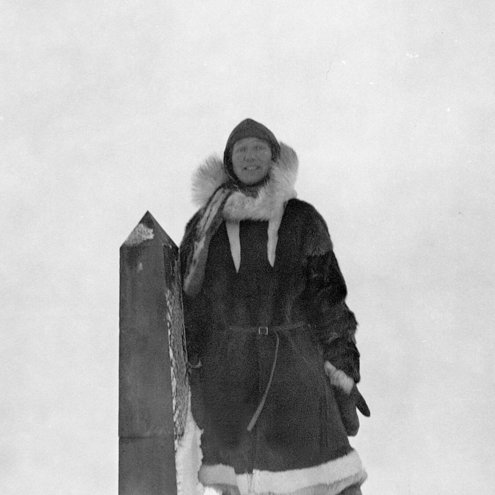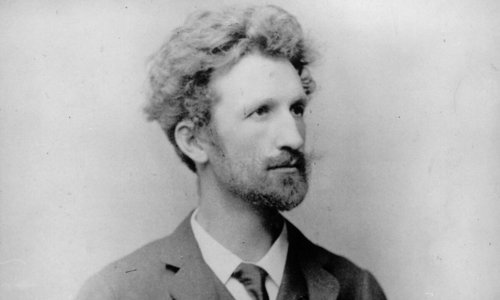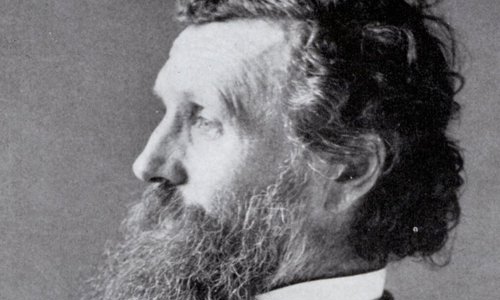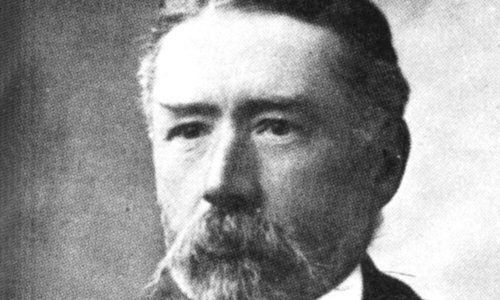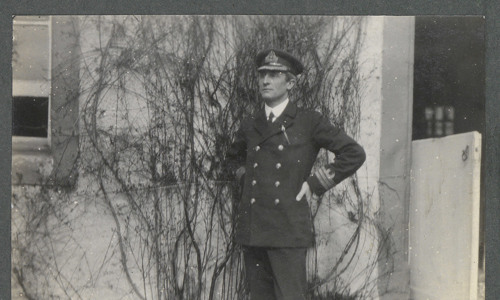Isobel Hutchison risked life and limb collecting and recording plants for the Royal Botanic Gardens and Kew and documenting the Inuit people.
Born into a life of privilege, she grew up at Carlowrie Castle where she was given extraordinary freedom by the standards of the day, leaving home for days at a time to trek through Scotland.
Hutchison’s spirit of adventure soon led her abroad, first to Iceland and then to Greenland in order to walk through uncharted regions by herself. She was fascinated with the Inuit people she stayed with along the way and the film footage that she took of them is some of the earliest documentary footage ever taken.
Penniless on her return home, she began to write about her travels and the articles and poems that she published brought her a modest income. Hutchison became something of a sensation, appearing on radio and in the press and carrying out a lecture tour.
Within months she returned to Greenland where she continued to collect botanic specimens, sending thousands back to Britain by ship. In 1934, in recognition of her, ‘contribution to geographic knowledge through exploration or adventure in potentially hazardous physical or social environments’, she became the third person, and first woman, to be awarded the Royal Scottish Geographical Society’s Mungo Park Medal.
The approach to life of this remarkable woman is best summed up in her own poetic words, ‘Take up your bed. Go! Walk again! Oh man! Your days are few, And lo! The earth is very wide, her treasure waits for you.’
Read more
'Isobel Wylie Hutchison: The Quiet Explorer' - Historic Environment Scotland blog
Commemorative plaques
Celebrating people from all walks of life who have contributed to Scotland’s history.
Find out more
